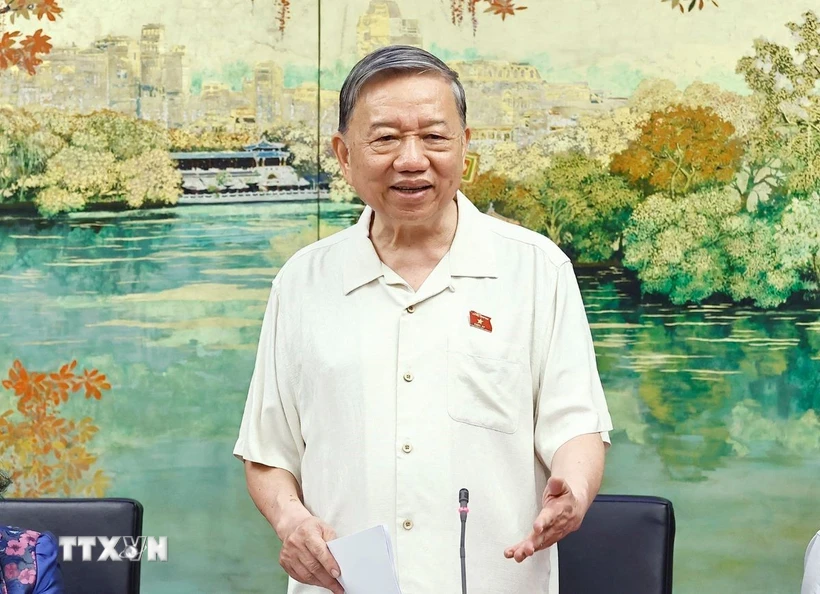
General Secretary To Lam, National Assembly delegate of Hanoi city, speaks. (Photo: Doan Tan/VNA)
Continuing the program of the Session, on the afternoon of May 17, the National Assembly deputies of Hanoi discussed in Group 1 the draft Laws: the draft Law amending and supplementing a number of articles of the Law on Vietnamese Nationality; the draft Law on State Budget (amended) and the draft Law amending and supplementing a number of articles of the Law on Bidding, the Law on Investment under the public-private partnership model, the Customs Law, the Law on Export Tax, Import Tax, the Investment Law, the Law on Public Investment, the Law on Management and Use of Public Assets.
Fundamental innovation in law-making thinking
Speaking at the group discussion session, General Secretary To Lam emphasized that institutions are the “bottlenecks” hindering development; at the same time, institutions and laws are also clearly identified as the fundamental driving force for development. Therefore, in recent sessions, both regular and extraordinary, the National Assembly has focused on legislative work, especially the 9th Session with a very large workload.
However, initially, we are only studying and amending some regulations that have practical problems. In the long term, we will study and complete them, making fundamental and comprehensive amendments - the General Secretary said.
According to the General Secretary, in the past, law-making mainly focused on social management, order management, behavior management... and "what cannot be managed is banned"; meanwhile: "very high requirements for mobilizing people's strength, regulations that pave the way, encourage, and have a vision for development to create are rarely paid attention to." Therefore, one of the first laws to be revised is the Law on Promulgation of Legal Documents.
The General Secretary emphasized that Resolution No. 66-NQ/TW of the Politburo on innovation in law-making and enforcement to meet the requirements of national development in the new era was born with the goal of building a synchronous, feasible, transparent legal system, creating an environment for production and business, innovation, and thoroughly handling overlaps and conflicts.
According to the General Secretary, first of all, it is necessary to fundamentally innovate the thinking of law-making, shifting from management to service, from passive to proactive, creating for development; must envision what development requires in order to have appropriate regulations. Law-making must be one step ahead, ensuring high predictability, practicality and requiring quick application, serving development requirements. Along with that, law enforcement must be strict, fair and substantive; closely linked to publicity, transparency, creating maximum convenience for people, businesses and the whole society.
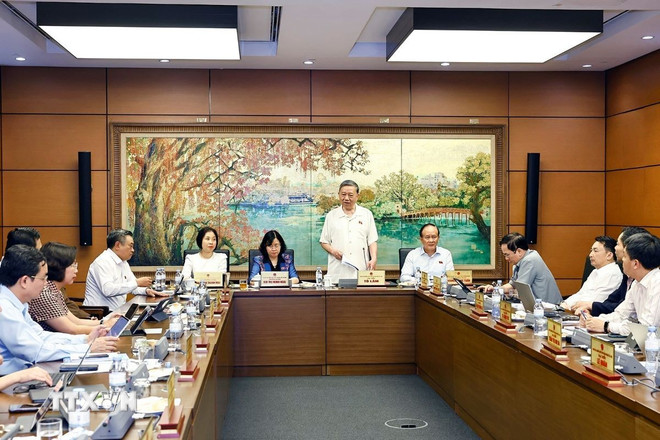
General Secretary To Lam, National Assembly delegate of Hanoi city, speaks. (Photo: Doan Tan/VNA)
“The law does not serve the interests of any group but for the entire people, for all subjects,” the General Secretary stated, emphasizing that regulations must clearly decentralize and delegate power, be linked to responsibility, eliminate the “ask-give” mechanism; and eliminate local interests, privileges, and group interests.
The General Secretary said that on May 18, a National Conference will be held to disseminate and implement two Resolutions: Resolution No. 66-NQ/TW and Resolution No. 68-NQ/TW on private economic development, and will also discuss four extremely important Resolutions issued previously on the fields of science, technology, innovation, digital transformation, international integration, etc.
After listening to the opinions of National Assembly deputies in Hanoi on the draft laws submitted to the National Assembly at this 9th Session, the General Secretary emphasized that the National Assembly is mainly considering amending a number of articles to handle pressing issues, difficulties, and practical obstacles... Currently, the authorities are developing additional resolutions on education and training, on protecting and taking care of people's health, in a spirit of urgency.
Nationality or passport are sacred things.
Regarding the draft Law amending and supplementing a number of articles of the Law on Vietnamese Nationality, the General Secretary directed that it is necessary to demonstrate the honor, Vietnamese nation, solidarity, gathering of forces, and the role of each individual in the law.
Affirming that "Nationality or passports are sacred things," the General Secretary noted that in the draft Law on Vietnamese Nationality, it is necessary to mobilize strength and honor those who contribute to the country (foreigners); at the same time, he also noted that although the revised Law on Nationality has many "open" provisions, there should be regulations to punish those who take advantage of the openness of the Law on Nationality to forge documents and other related crimes.
Commenting on the draft Law on Vietnamese Nationality, delegate Do Duc Hong Ha (Hanoi) said that the draft has not yet clearly stated the special mechanism for naturalization. If it is not clearly stated, the feasibility will be limited and it will be difficult to employ high-quality human resources, and it will be difficult to meet the requirements of science and technology development and innovation.
Therefore, the delegates proposed to continue clarifying the special mechanism for naturalization; proposed to review related laws when there are provisions to expand the subjects of naturalization for connectivity, synchronization, and unification. The delegates of Hanoi also proposed to digitize administrative procedures to simplify the procedures and processes for naturalization; there should be a specific roadmap to create favorable conditions for related subjects.
Agreeing with the draft law recognizing multiple nationalities, in line with international and legal practices of many countries, delegate Tran Thi Nhi Ha (Hanoi) affirmed that this is a humane policy to maintain the relationship between Vietnamese people residing abroad and the Fatherland. However, the delegate said that the draft lacks provisions on citizen protection in cases of multiple nationalities.
Therefore, delegate Tran Thi Nhi Ha proposed to add the principle of determining effective nationality in cases of multiple nationality, as a basis for Vietnam to exercise the rights and obligations to protect citizens when there are legal risks abroad...
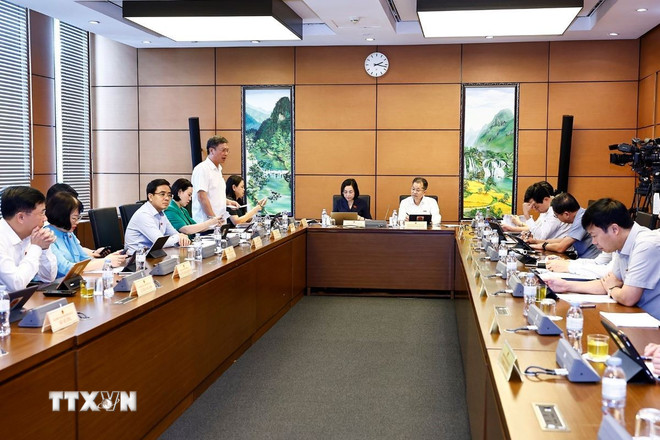
Delegations of National Assembly deputies from Ninh Binh, Hung Yen, Gia Lai provinces and Da Nang city discuss in groups. (Photo: Doan Tan/VNA)
Opinions say that the draft Law amending and supplementing a number of articles of the Law on Vietnamese Nationality is an important legal basis for considering and deciding to allow overseas Vietnamese to acquire Vietnamese nationality, regain Vietnamese nationality, and enjoy the rights of Vietnamese citizens. However, the draft does not have a special mechanism for naturalization.
The Government's proposal to amend the Law in the direction of "relaxing" the policy of re-acquiring Vietnamese nationality and simplifying administrative procedures in the field of nationality aims to create more favorable conditions for foreigners and the Vietnamese community abroad to return to the country to invest, produce, do business, promote the development of science and technology, innovation and digital transformation.../.
(Vietnam News Agency/Vietnam+)
Source: https://www.vietnamplus.vn/tong-bi-thu-luat-phap-khong-phuc-vu-cho-loi-ich-cua-nhom-nao-ca-ma-cho-toan-dan-post1039149.vnp








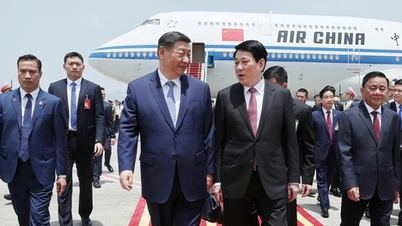

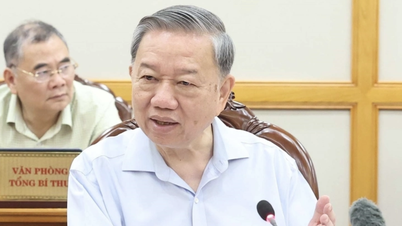

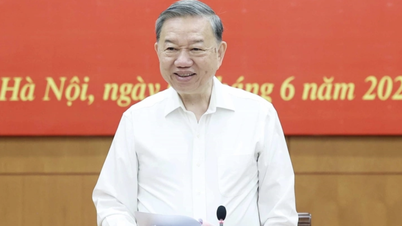
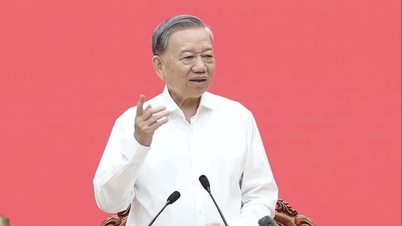

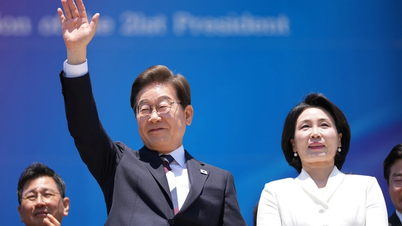
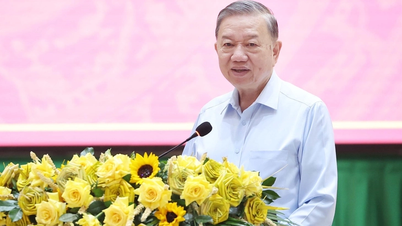




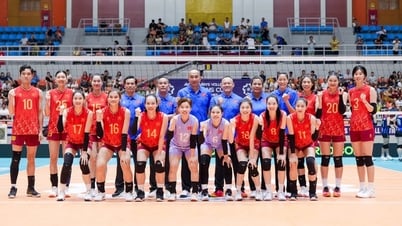







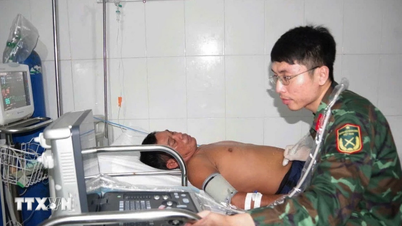







































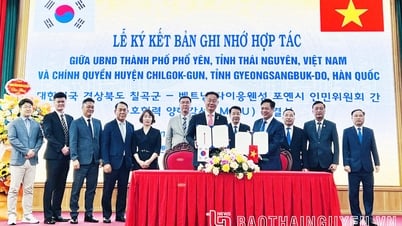

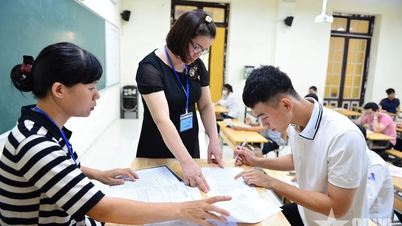

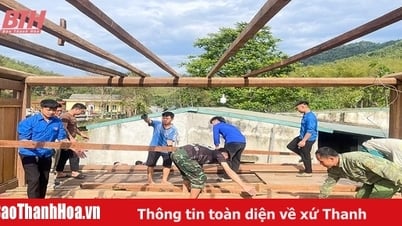

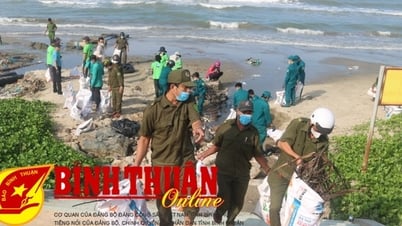












![[OCOP REVIEW] Tu Duyen Syrup - The essence of herbs from the mountains and forests of Nhu Thanh](https://vphoto.vietnam.vn/thumb/402x226/vietnam/resource/IMAGE/2025/6/5/58ca32fce4ec44039e444fbfae7e75ec)


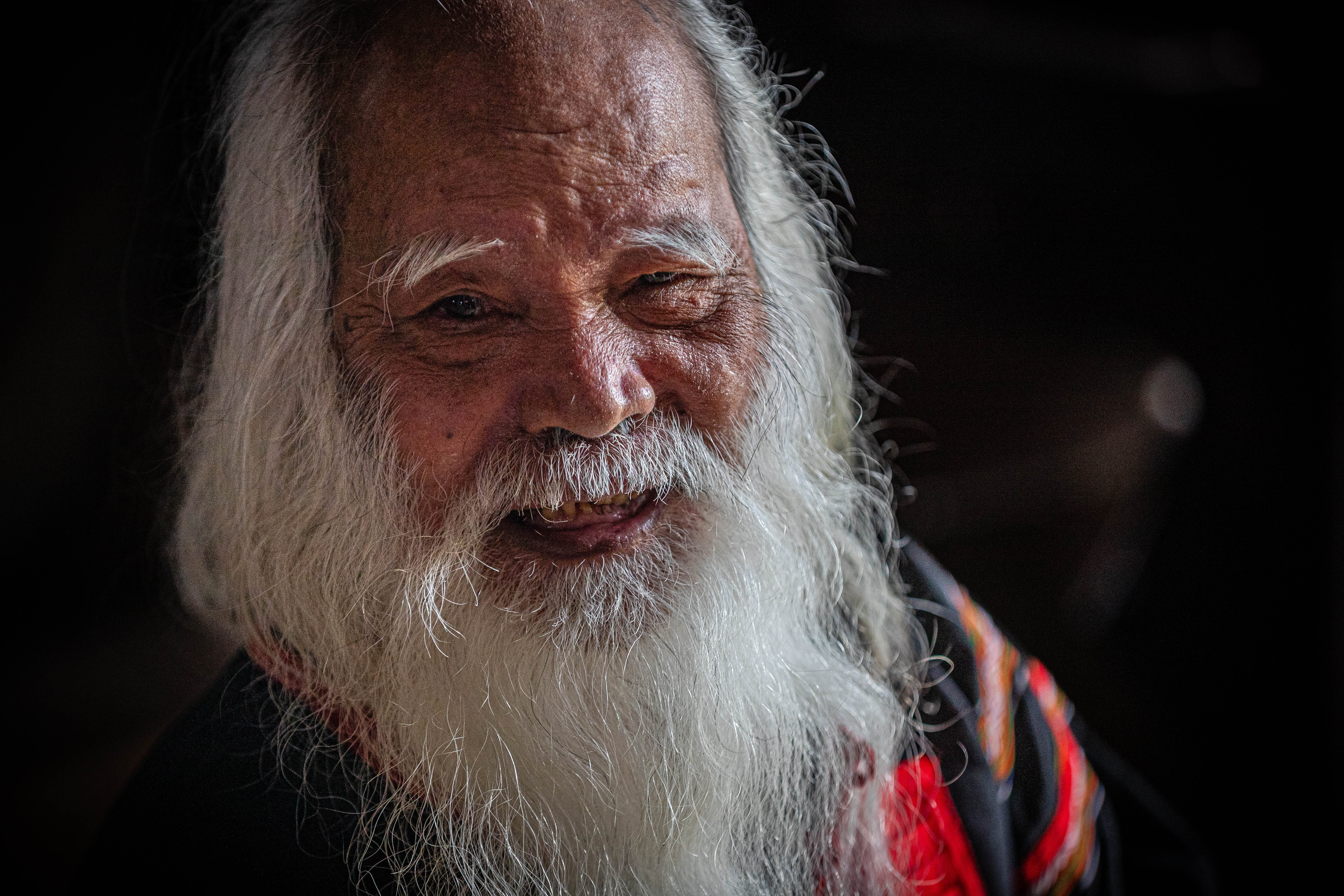
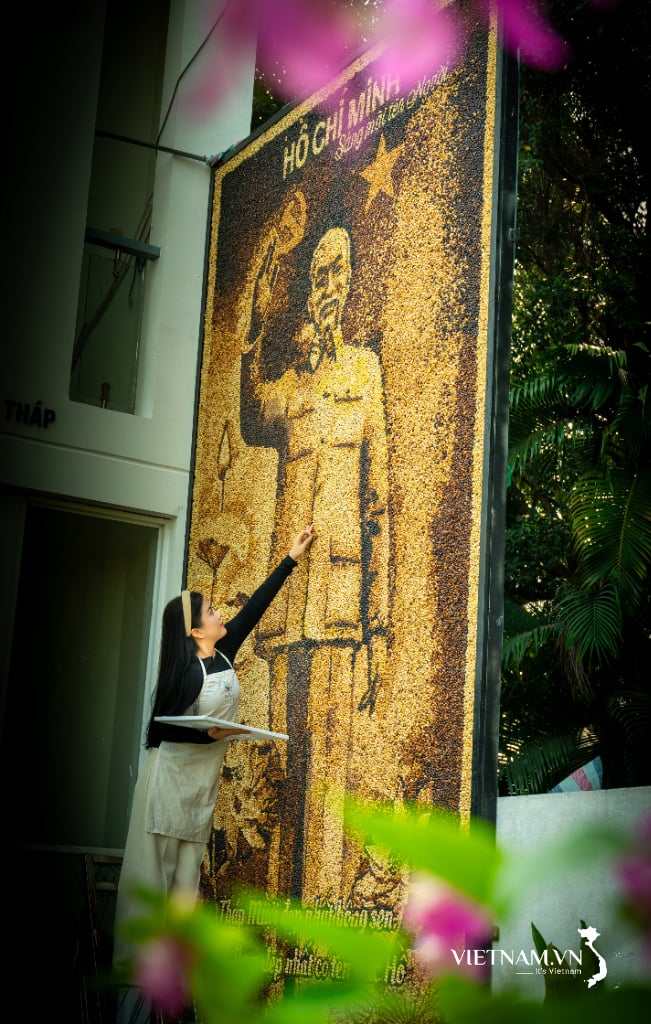
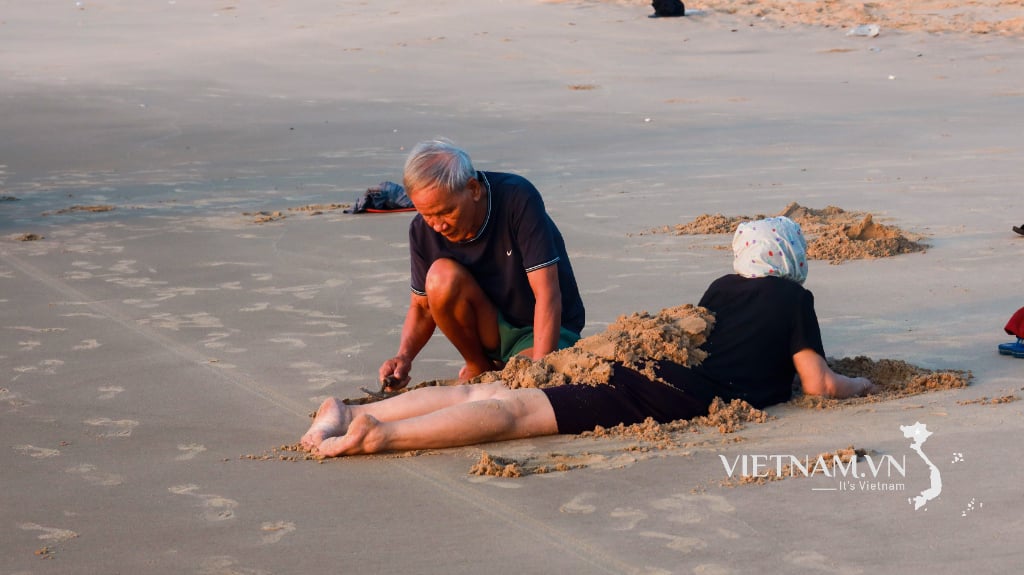
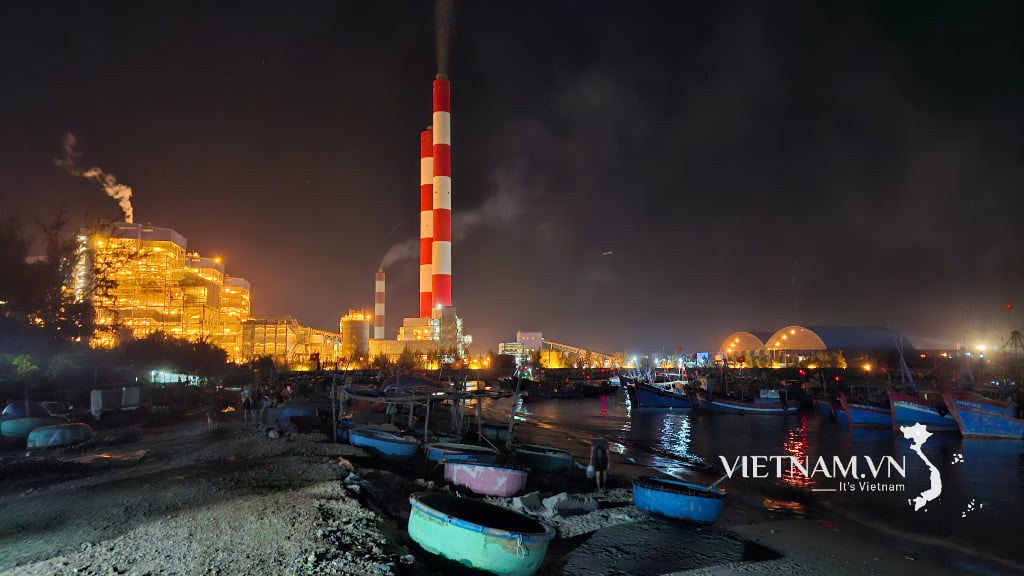
Comment (0)